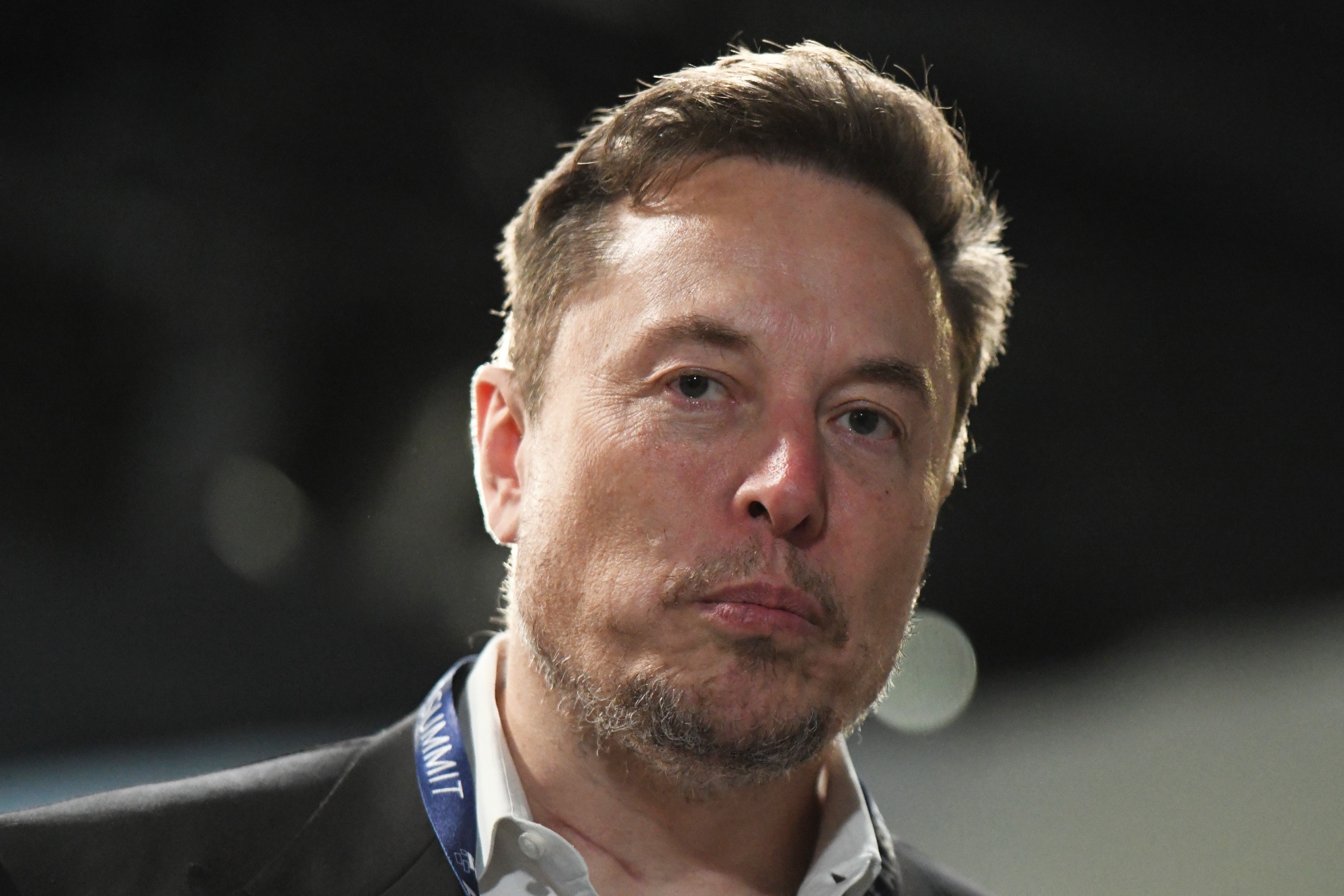Elon Musk has become the world’s biggest hypocrite on free speech - Trevor Timm
18, 1, 2024
557

The world needs people willing to stand up for freedom of expression – which makes Musk’s trajectory all the sadder.
Is there anyone in the world who is a bigger hypocrite on free speech than Elon Musk?
I say this as someone who wishes Elon Musk actually cared about free speech. In my opinion, social media companies censor their users too much. The myriad restrictive rules often end up backfiring on those who push for them. The suspension process is often opaque and arbitrary. Ultimately, a public square filled with frank and free exchange of competing views – one that explicitly tilts in favor of allowing more speech on the edges than it bans – is a good thing.
But that’s not what Musk, the self-proclaimed “free speech absolutist”, has created. He’s built a system that is the exact opposite of what he espouses, more arbitrary and more opaque than the old Twitter he relentlessly criticized – or Facebook or Instagram or any other social media platform, for that matter. And he uses his power to retaliate against his critics more than anyone this side of Donald Trump.
The latest example happened earlier this week when a group of leftwing journalists and commentators, including the Intercept’s excellent reporter Ken Klippenstein, were mysteriously suspended from Twitter (sorry, I will always refuse to call it “X”) without warning or notice as to why. The only thing all the accounts had in common was they had been critical of Israel’s war in Gaza.
After a sustained outcry, their accounts were eventually restored. Musk claimed, with no proof, it was due to a spam purge which caught real accounts in it. If you want to chalk that up to coincidence, that might make sense in a vacuum. But that’s not even his worst transgression in the past six weeks.
When the liberal advocacy site Media Matters published a report alleging that Musk was allowing ads to be served next to hate speech, Musk didn’t just castigate them on his own platform, he sued them. It’s also not the first time Musk has sued an advocacy organization in the past year. Apparently, criticizing him is OK – “the point of freedom of speech is allowing those whose views you disagree with to express those views,” he said this week – unless you also send the criticism to potential ad buyers.
What makes matters worse is that some Republican state attorneys general – perhaps seeking favor in order to later fill their campaign coffers from the richest man in the world – are trying to piggyback on Musk’s enemy of the week. Texas attorney general Ken Paxton opened an “investigation” into Media Matters and the Missouri attorney general is following suit.
You don’t need to be a fan of Media Matters to see how this would be incredibly chilling if the shoe was on the other foot. Imagine if George Soros attempted to bankrupt every rightwing website that accused him of being behind various leftwing plots, as those sites do on almost a daily basis.
The examples of Musk’s hypocrisy are so frequent, it’s hard to keep track of them all. Musk was once caught taking advice from rightwing online friends about which leftwing accounts to ban next. At times, it seems he’s purposefully throttled links to news sites he doesn’t like. According to former Twitter employers, in the early days of his ownership Musk did a 180 on his supposed principles when faced with pressure from advertisers, going from a leave-everything-up stance to a take-everything-down one.
The most egregious episode was the controversy over @ElonJet, an account that tracked Musk’s private plane. First Musk claimed he would allow it. Then he rebranded the private jet data – which has been publicly available for decades for all planes – as “assassination coordinates” the minute he felt remotely unsafe. Then he suspended with no warning any journalist who had tweeted about the account.
While his content moderation decisions get the most attention, what he has done behind the scenes is arguably worse. He gutted Twitter’s stellar legal department, which regularly stuck up for users’ actual free speech rights in court and attempted to protect their anonymity when powerful entities would sue to expose them. And then, after Musk’s first six months at the helm, Twitter went from challenging a good number of legal orders against its users to complying with 100% of them!
Musk’s gigantic business interests in China means he has no interest in the free speech rights (or lack thereof) of the Chinese people. He refuses to weigh in on any of the many controversies of the largest autocracy in the world, which has total authoritarian control over its internet. It’s extremely likely that free-expression advocates would genuinely welcome his voice, but since – again – he doesn’t actually care about free speech, no one is holding their breath.
Of course, this was all entirely predictable. At his own companies, Musk forces employees to sign restrictive non-disparagement agreements. He has tried to destroy whistleblowers. Tesla even once reportedly tried to get its customers to sign NDAs to get their cars repaired. There is no indication his professed principles are genuine.
Imagine Musk’s professed love for free speech wasn’t entirely fake. As the wealthiest person in the world, he could have huge leverage. He could create a transparent, robust appeals process for those who allegedly break the rules and get suspended. He could employ a huge legal team to fight any and every government order for censorship around the world, while protecting the anonymity of his users against those who sue. If the byproduct of principled decisions in favor of free expression also meant that some rightwing assholes and trolls were let back on the service, well then, maybe that’s a good trade.
Instead, Musk has taken what could have been a strong strategy and principle for him – as it is for real advocates for free expression – and turned it into a snake-oil salesman’s marketing scheme.
Trevor Timm is executive director of the Freedom of the Press Foundation
Well, 2023 didn’t exactly go to plan, did it?
Here in the UK, the prime minister, Rishi Sunak, had promised us a government of stability and competence – not forgetting professionalism, integrity and accountability – after the rollercoaster ride of Boris Johnson and Liz Truss. Remember Liz? These days she seems like a long forgotten comedy act. Instead, Sunak took us even further through the looking-glass into the Conservative psychodrama.
Elsewhere, the picture has been no better. In the US, Donald Trump is now many people’s favourite to become president again. In Ukraine, the war has dragged on with no end in sight. The danger of the rest of the world getting battle fatigue and losing interest all too apparent. Then there is the war in the Middle East and not forgetting the climate crisis …
But a new year brings new hope. There are elections in many countries, including the UK and the US. We have to believe in change. That something better is possible. The Guardian will continue to cover events from all over the world and our reporting now feels especially important. But running a news gathering organisation doesn’t come cheap.
So this year, I am asking you – if you can afford it – to give money. Well, not to me personally – though you can if you like – but to the Guardian. The average monthly support in Ghana is around $4, however much you give, all that matters is you’re choosing to support open, independent journalism.
With your help, we can make our journalism free to everyone. You won’t ever find any of our news reports or comment pieces tucked away behind a paywall. We couldn’t do this without you. Unlike our politicians, when we say we are in this together we mean it.
Happy new year!
John Crace
Guardian columnist
Powered by Froala Editor

